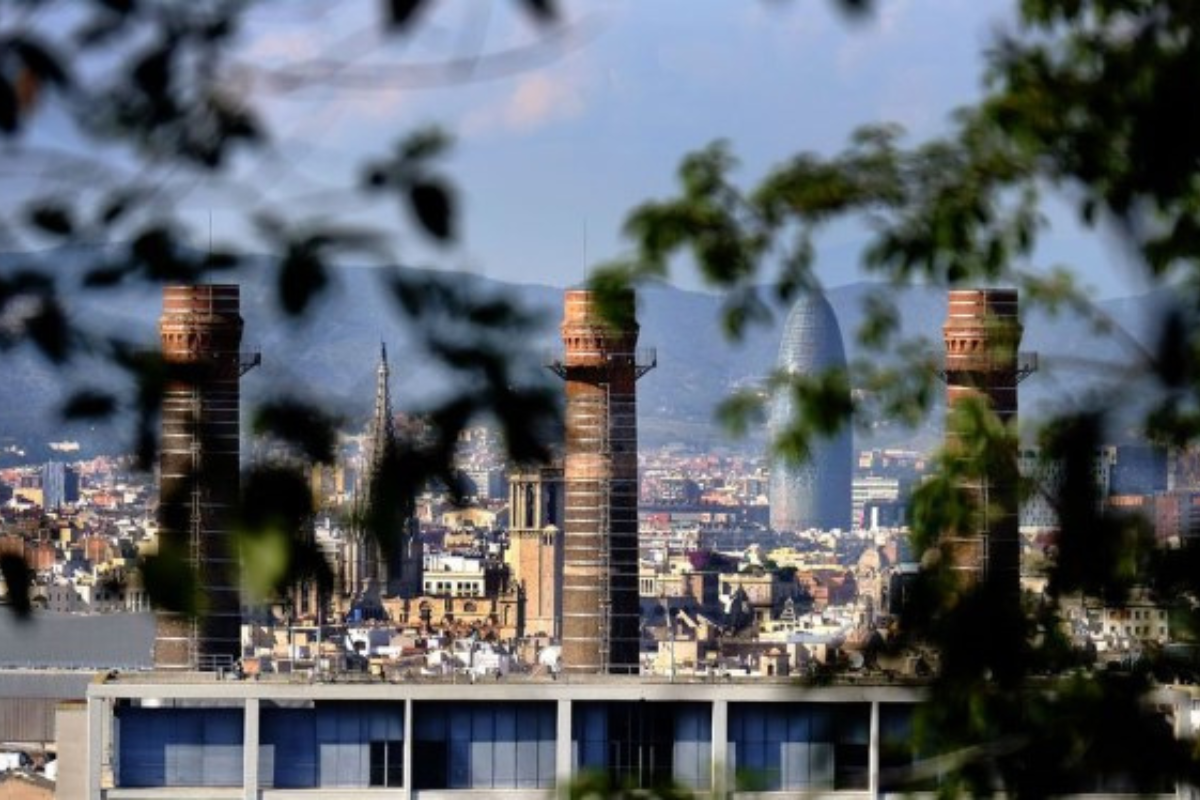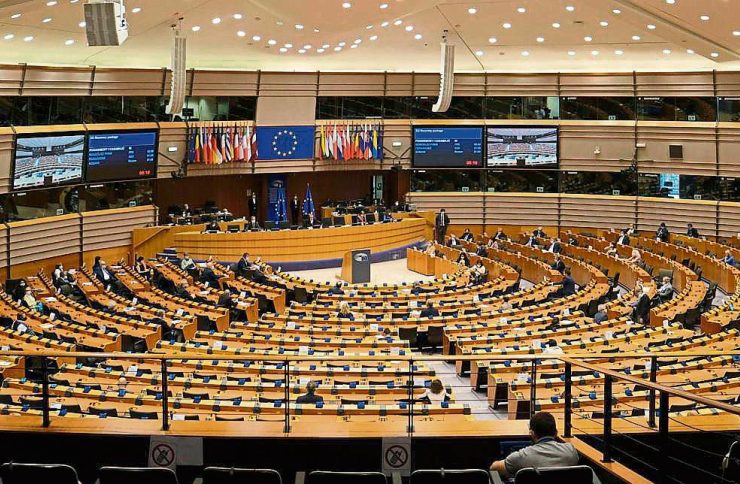Barcelona, a city linked to industrial transformation


Marcia Bardauil
Market Insights Lead at Quadpack

Aina Teixidó
Associate lawyer at RocaJunyent
In the strictest sense of the word, the industry is “the set of material operations carried out to obtain, transform or transport one or more natural products”. In other words, we could define the industry as an economic activity that consists of transforming raw materials into products to satisfy the needs of the human being.
However, it is complex to try to cover everything that the industry means in a simple definition, even more so if we take into account that it is a concept that has evolved over time.
The origins
If we talk about industry in Spain, it is impossible not to think of Barcelona and its markedly industrial past (and present). The industrial sector has clearly been one of the main driving forces behind the economic growth of the city and its metropolitan area in the 19th and 20th centuries.
From the Bonaplata Factory, the first steam-powered factory in Spain, to the application of digital technology to industry, now known as "industry 4.0". Undoubtedly, during all this time, Barcelona has been a protagonist and witness to the constant transformation of industry.
Barcelona DNA
In addition to the transformation of industry, there is one element that has endured over time: the DNA of Barcelona's industries. Values such as effort, versatility and creativity are shared by Catalan industries and, in particular, are the common denominator of the century-old industries "born and raised" in the city.
That said, and despite the fact that Barcelona's DNA is generally present in most industries, the fact is that each of them has followed a different approach in terms of their links with the city and the use of the Barcelona brand. Thus, some industries use the Barcelona brand in their marketing and communication campaigns, exporting "made in Barcelona" both nationallyand internationally.”.
Likewise, there are industries that have chosen to be less explicit in the use of the Barcelona brand and that have focused on exporting the Mediterranean lifestyle through their products. Others remain linked to the city not only by creating jobs and contributing to the economic growth of the region, but also by collaborating, either directly or through foundations created for this purpose, with non-profit entities, solidarity projects, or participating as sponsors in sports and cultural events.
“The industry is criticized a lot, but did you know that…”
…the industry has been able to offer resilience and robustness during the pandemic? Some 77% of firms in robust industries reported a decline in sales in 2020 compared to the same month in 2019, while vulnerable, non-manufacturing industries reported around 85%. This helped to maintain production capacity and thus also offered greater employment protection and stability.
…The industry has a long-term vision? This is a characteristic that allows us to distinguish the industrial sector from other economic sectors. Industries make decisions that are often accompanied by heavy investments and are aimed at ensuring the continuity and stability of companies. The long-term vision, however, can clash with the vision of governments and authorities. For this reason, public-private collaboration is less fluid than would be desirable if the aim is to boost an economic sector that is so important for Barcelona and its metropolitan belt.
…The industry offer carreer paths with stability and growth? If the know-how that can be developed is infinite, as well as the areas in which a professional can specialise, the result is a long-lasting career and a quality and secure job..
The big challenge of today's industry
Sustainability is no longer a trend. It is a topic that, fortunately, is already part of a company's values and strategies. Or if it is not yet the case for some, the habits and customs of each country will force it anyway, as for example with the new law incorporating taxes on single-use plastics in Spain. The impact of this major challenge translates into the creation of departments dedicated to measuring and acting on the company's impact on the environment.
What is interesting about this process is that there are many ways to embrace this CSR (Corporate Social Responsibility) transformation. Some companies will focus on measuring their carbon footprint and offsetting it, others on improving the environment around them, or fighting disease or helping to educate young people in the community. There is a long way to go in the quest for greater corporate social responsibility.
It is clear that there are several key points for success: First, knowing how to react and make decisions in complex moments and building solid and shared values throughout the generations. Second, make long-term decisions, even knowing that whoever makes them will not see their results, trusting that future generations will give continuity. And finally, having some luck and knowing how to take advantage of those opportunities when they come to your table.
If you want to know the latest English news about Barcelona and the people who bring it to life, sign up to our Blog.







